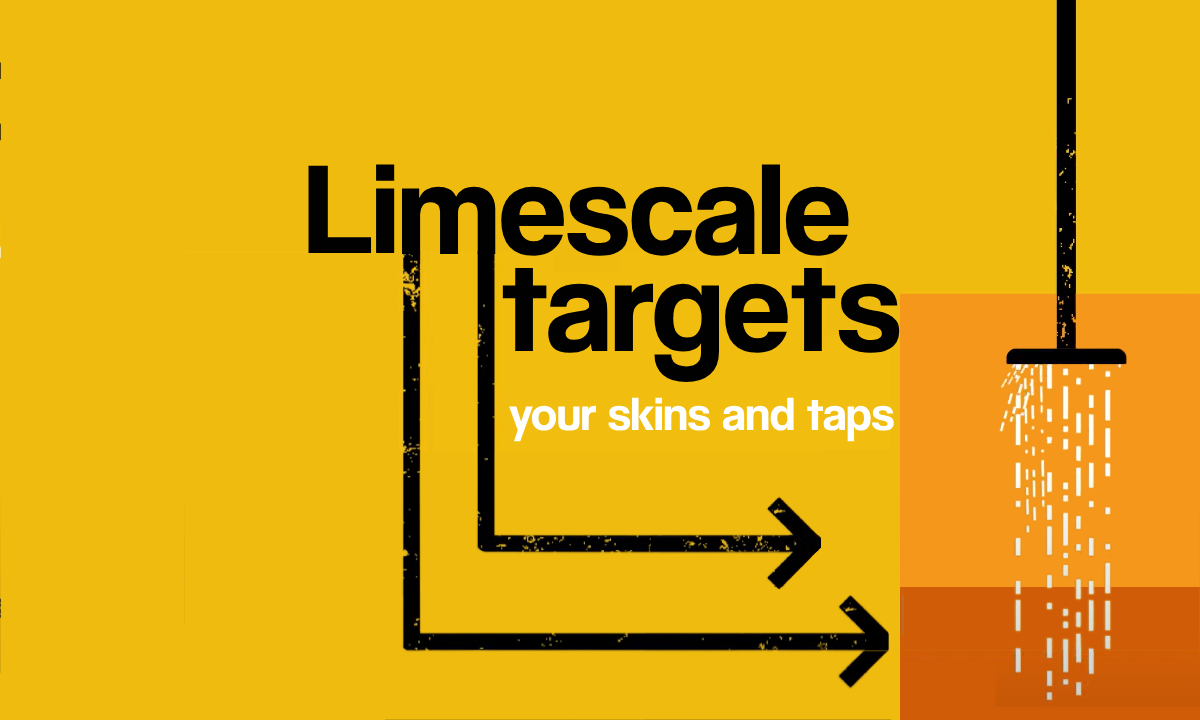The science behind herbicides: why soft water is better for farmers


Farmers should take a closer look at the quality of their water when spraying the herbicide, glyphosate, if they want to improve its effectiveness, an expert has said. Speaking to The Western Producer, Chelsea Norheim, a soil scientist at Rack Petroleum in Canada, explained the chemistry behind the reactions that makes soft water a better choice when using the chemical.
Most of Canada’s groundwater is hard and contains calcium, iron and magnesium molecules. Calcium and magnesium have two positive charges and iron has three, while glyphosate is a negatively charged molecule: therefore, they attract and bond with one another when mixed together in the same solution. If the water is particularly hard, glyphosate can become useless as it can no longer bind to the right pathways in the plants it targets.
According to Ms Norheim, this can make herbicide spraying much more expensive and potentially even a complete waste of time. “Essentially, the producer is wasting money and putting chemical into the field that isn’t going anywhere or doing its job,” she said. She recommended removing the magnesium, calcium and iron ions so that the glyphosate can go to work.
The typical response for farmers who find glyphosate isn’t working is to assume weeds are becoming resistant to it and use more of the chemical. Ms Norheim added: “I don’t think it’s necessarily due to the weeds developing resistance. It’s due to the fact that you learn a product is missing things because it was being inactivated. So they start adding more and more and now we’re up to where most guys will put a litre, litre and a half in a pre-burn down.”
The chemistry also explains why certain weeds – such as dandelion, which is rich in iron content – are difficult to kill with glyphosate. When the herbicide hits the surface of a dandelion, it is tied up in the iron and doesn’t go into the plant to kill it. Removing the iron in the water, allows more of the plant’s iron to be targeted.
If you have hard water in your home, it could affect the lifetime of your household appliances due to a build-up of limescale over time. Water softeners remove minerals from your water supply and drastically reduce the amount of limescale in your home. Find out more about the effects of hard water.
Hard Water Damage – Limescale build-up from hard water can badly hurt your home – Find Out Why

